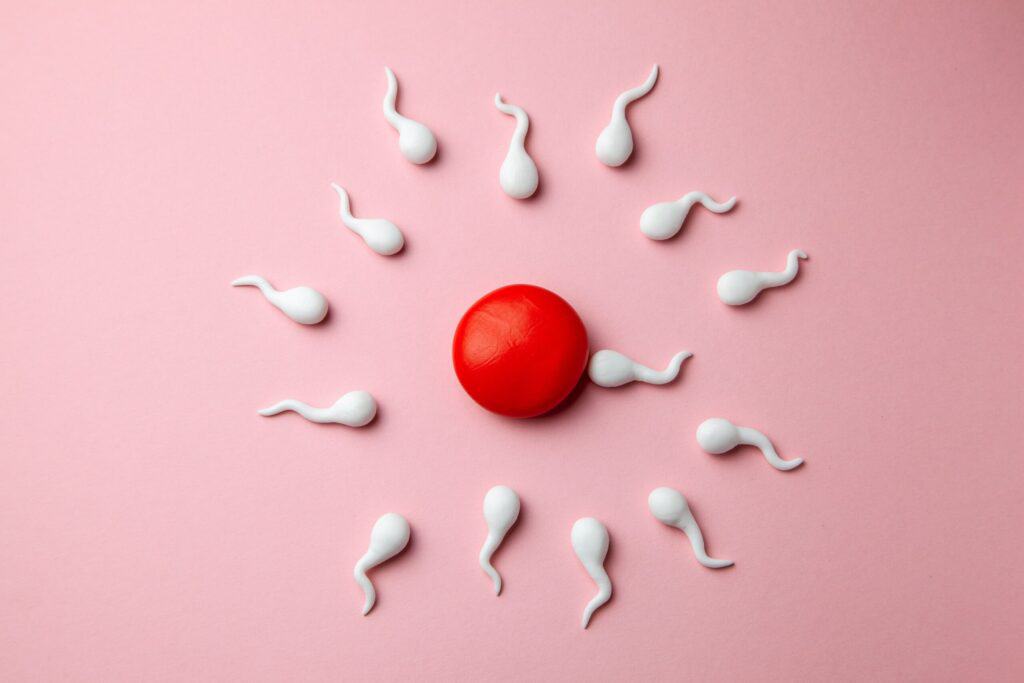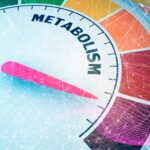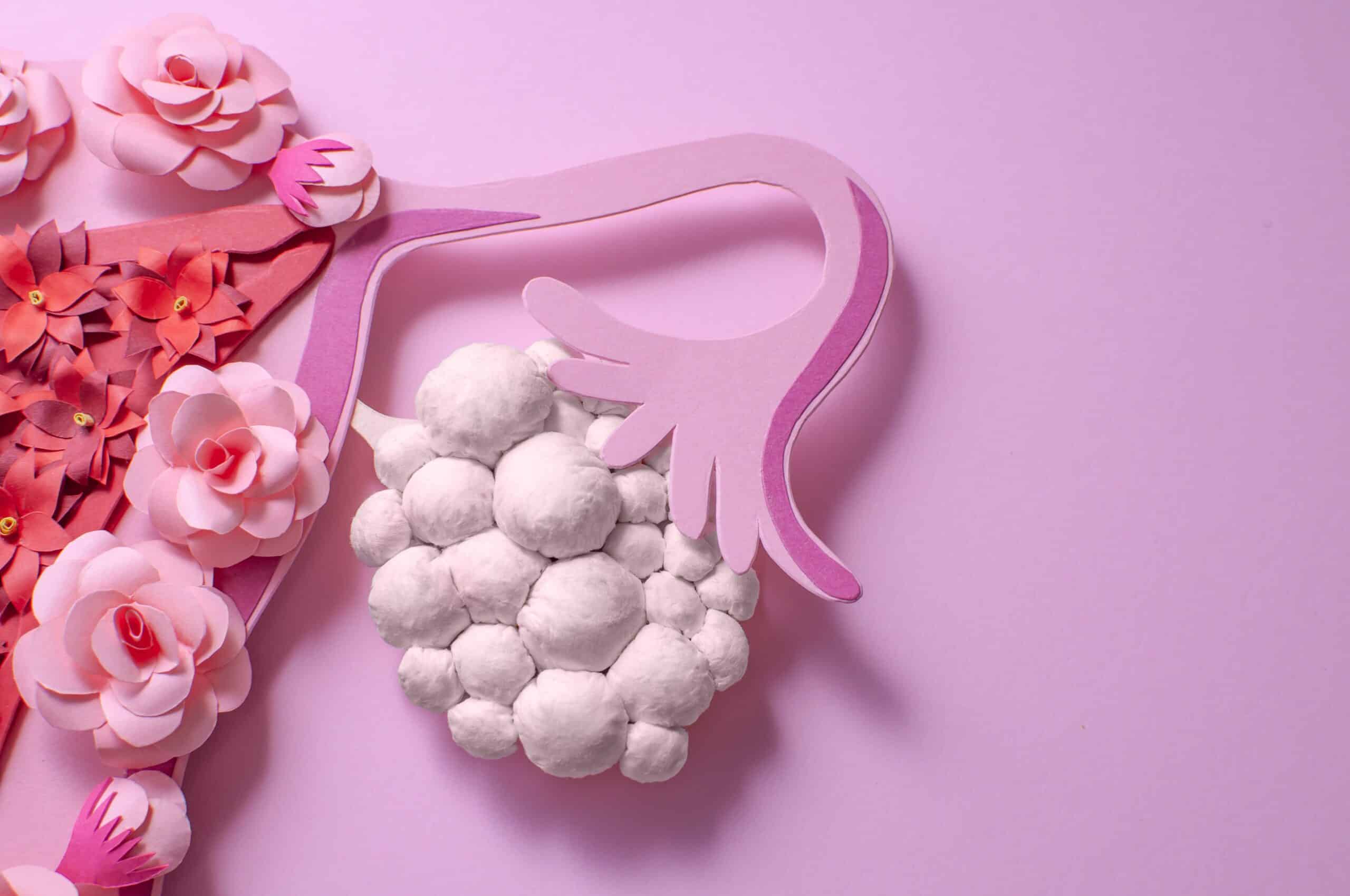Blog

Can changing my diet help me to fall pregnant?
How to optimise your nutrition for fertility
We want to start off by sending you all of the virtual love! Whether you’re reading this because you’re in the new and exciting phase of deciding to start a family, or because you’ve been trying to get pregnant for a while now, we are sending you SO much love.
While we can’t guarantee you that changing your diet will yield a positive pregnancy test on your next cycle (we wish we could!), this article will talk you through the dietary changes that are backed up by research to support optimal fertility.
What is the connection between weight and fertility?
Often the first thing (and sometimes the only thing) that is discussed in fertility treatment is weight. People whose BMIs are above what is deemed “healthy” not only report negative experiences in maternal health care settings, but are also often denied fertility treatment until they lose weight.1,2
If this has been your experience on your fertility journey so far, our hearts truly go out to you! At Embody Health London, we are passionate about our belief that all people have a right to access medical care, regardless of their size.
Although a higher body weight is associated with decreased fertility, correlation is not the same as causation. While researchers have not been able to determine the cause of decreased fertility in larger-bodied people, they have determined that crash dieting, weight cycling and worrying about food all increase stress levels. Stress is not only an emotional experience, but also a physical one that causes hormonal changes within the body that have been shown to have a negative effect on fertility in both men and women.3
As a result, under eating in an effort to lose weight for fertility is likely to have the opposite effect. The reproductive system and its relevant hormones need energy to function. When the body feels starved, it goes into crisis mode. Reproduction is not a bodily function that is necessary for survival – consequently, it’s one of the first systems to shut down when the body has to prioritise where to send its limited energy sources.
It’s common for people to aim to eat as few calories as possible in the name of weight loss and/or maintenance. A number that is frequently circulated by diet culture is 1200 calories, as this is typically stated to be the minimum amount of energy needed for basic functioning. However, in order to have enough fuel for the reproductive system to work effectively, an individual’s calorie intake will likely need to be close to double that number (if not more)!
The body needs to know that it’s going to be provided with enough energy to grow a little person before it will allow you to fall pregnant. The last thing you want when trying to conceive is to be nutritionally depleted and stressed, which is what dieting will trigger.
Consequently, our dietitians at EHL practice from a Health At Every Size approach, which means we help our clients to improve their health by supporting them to change their behaviours, not the number on the scale. For more weight-neutral fertility content, Nicola Salmon (@fatpositivefertility) is an incredible pioneer in this area!
What can I eat to improve my fertility?
A study of more than 280,000 participants over several decades known as the Nurses’ Health Study has uncovered a lot of what we know about the role that nutrition plays in fertility.4 Two of the lead doctors on this study, Jorge Chavarro and Walter C. Willet, wrote ‘The Fertility Diet’ based on their findings, many of which have been backed up by further research.
As an overview, the nutrition recommendations for fertility vastly overlap with the ‘Mediterranean Diet’, which has also been found to promote fertility in both men and women.5,6
The Fertility Diet encourages an increased intake of unsaturated fats (such as olive oil, nuts, seeds and fish) and wholegrains, as well as the replacement of some animal sources of protein with plant-based options. These changes appear to improve the regularity of ovulation.
Conversely, a high intake of saturated fats (such as from pastries and fatty meats), refined carbohydrates (such as sweets and bakery items), sugary soft drinks and red meat were found to diminish egg supply and increase difficulty falling pregnant.
Folic acid
You’ve probably know that folic acid is essential during pregnancy, but did you know it can also help you to conceive?
Another finding of the Nurses’ Health study was that high doses of folic acid are associated with an increased likelihood of falling pregnant. Although folate (the non-manmade version of folic acid) is found in leafy greens, fruit and nuts, research has found that taking a supplement with at least 400 micrograms of folic acid is more effective at increasing the likelihood of pregnancy.3 Reminder to discuss with your doctor before starting any new supplements!
Full fat dairy
The fear of fat that has been widespread for the last few decades is one of the biggest nutrition myths that we find ourselves needing to bust! Not only are fats vital for our overall wellbeing, but they also are a key component in the production of hormones, including those involved in reproduction.
An additional recommendation of the Fertility Diet is an increased consumption of full fat dairy. The cream component of dairy is thought to promote estrogen production, which in turn has a positive effect on ovulation and conception. Interestingly, low fat dairy has the opposite effect and appears to hinder fertility, although the reason for this is not fully understood.
Research has found that people who eat one or more servings of full fat dairy per day are 27% less likely to experience infertility than those who don’t.7 Add foods like full fat milk, yoghurt and cheese to the shopping list!
Iron
Research has found that women with inadequate iron levels are more likely to experience anovulation (failure to ovulate).8,9 Furthermore, since iron is needed for the production of oxygen-carrying red blood cells, deficiency of iron can cause insufficient oxygen delivery to the ovaries, leading to poor egg quality.9
In better news, research has found that supplementing iron can decrease infertility by 40%.8 You can also boost your iron intake through foods like dark leafy greens, legumes and wholegrains. Make sure to pair your iron with a source of vitamin C (found in foods like citrus fruits, strawberries, broccoli and potatoes) for better absorption!
If your cycle has stopped altogether, check out our blog on hypothalamic amenorrhea for tips on getting your period back.
What can my partner do to increase my chances of falling pregnant?
Although fertility interventions often focus only on the mother, it takes two to tango! A few simple dietary changes your partner can implement are:
- Increase vitamin A intake. This vitamin is essential for testicular health and sperm production, and can be found in eggs, orange/yellow fruits and veg, and dark leafy greens.
- Increase antioxidant intake. Sperm is extremely sensitive to oxidative damage and boosting antioxidant intake can improve male fertility.10 These are typically found in brightly coloured fruits and vegetables.
- Reduce intake of alcohol, caffeine, red meat and processed meat. A systematic review of 35 studies into male fertility found that a high intake of these foods has a negative effect on their chances of pregnancy in their partner due to poorer sperm quality.11
We would love to offer you individualised nutrition advice and support to help you on your journey towards starting a family. To learn more about how our dietitians can assist, reach out to us at [email protected]
Karli Battaglia MDiet, APD
EHL Team x
References
- Mulherin K, Miller Y, Barlow F, Diedrichs P, Thompson R. Weight stigma in maternity care: women’s experiences and care providers’ attitudes. BMC Pregnancy and Childbirth. 2013;13(1).
- Tremellen K, Wilkinson D, Savulescu J. Should obese women’s access to assisted fertility treatment be limited? A scientific and ethical analysis. Australian and New Zealand Journal of Obstetrics and Gynaecology. 2017;57(5):569-574.
- Panth N, Gavarkovs A, Tamez M, Mattei J. The Influence of Diet on Fertility and the Implications for Public Health Nutrition in the United States. Frontiers in Public Health. 2018;6.
- Nurses’ Health Study [Internet]. Nurseshealthstudy.org. 2021 [cited 30 March 2021]. Available from: https://www.nurseshealthstudy.org
- Vujkovic M, de Vries J, Lindemans J, Macklon N, van der Spek P, Steegers E et al. The preconception Mediterranean dietary pattern in couples undergoing in vitro fertilization/intracytoplasmic sperm injection treatment increases the chance of pregnancy. Fertility and Sterility. 2010;94(6):2096-2101.
- Karayiannis D, Kontogianni M, Mendorou C, Douka L, Mastrominas M, Yiannakouris N. Association between adherence to the Mediterranean diet and semen quality parameters in male partners of couples attempting fertility. Human Reproduction. 2016;.
- Chavarro J, Rich-Edwards J, Rosner B, Willett W. A prospective study of dairy foods intake and anovulatory infertility. Human Reproduction. 2007;22(5):1340-1347.
- Chavarro J, Rich-Edwards J, Rosner B, Willett W. Iron Intake and Risk of Ovulatory Infertility. Obstetrics & Gynecology. 2006;108(5):1145-1152.
- Sathiyanarayanan S, Sundar J, Madhankumar E, Praneetha A, Kalaiselvi S, Gopinath P et al. A study on significant biochemical changes in the serum of infertile women. International Journal of Current Research and Academic Review. 2014;2(2):96-115.
- Adewoyin M, Ibrahim M, Roszaman R, Isa M, Alewi N, Rafa A et al. Male Infertility: The Effect of Natural Antioxidants and Phytocompounds on Seminal Oxidative Stress. Diseases. 2017;5(1):9.
- Salas-Huetos A, Bulló M, Salas-Salvadó J. Dietary patterns, foods and nutrients in male fertility parameters and fecundability: a systematic review of observational studies. Human Reproduction Update. 2017;23(4):371-389.













